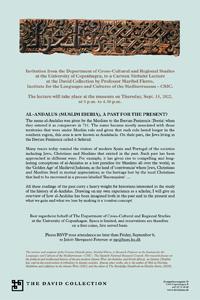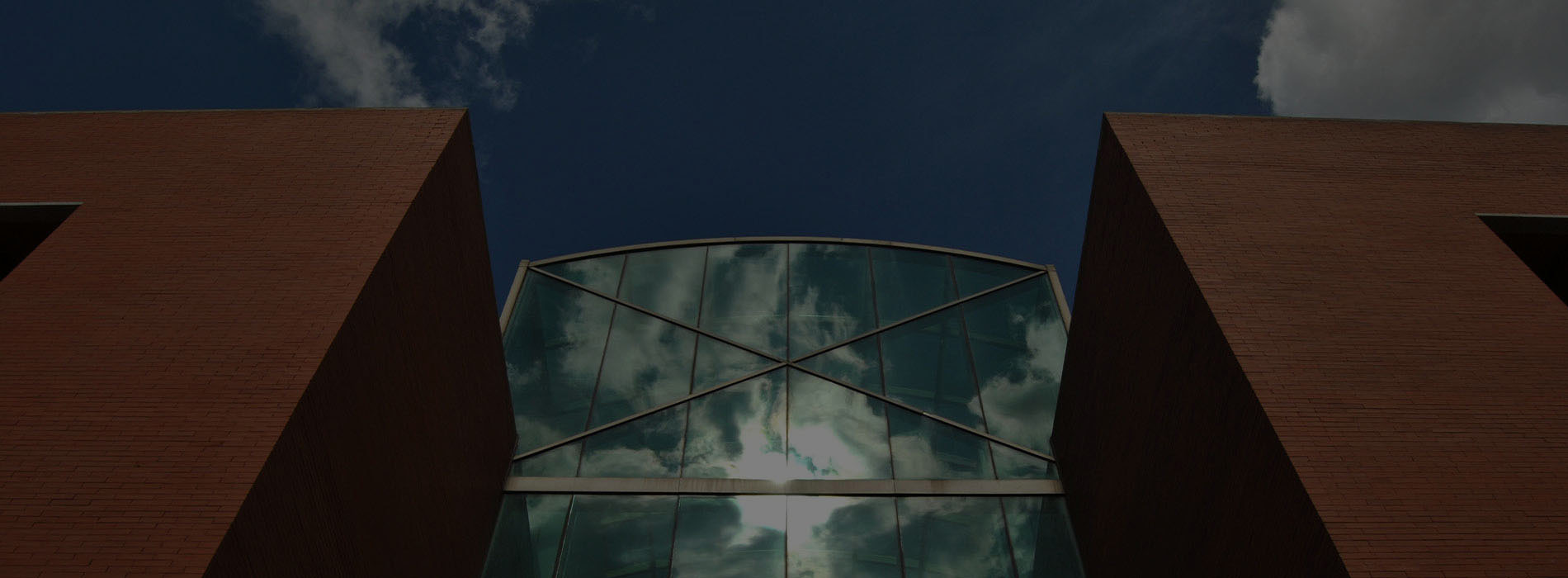Carsten Niebuhr Lecture "Al-Andalus (Muslim Iberia), a past for the present?"
By Maribel Fierro (ILC-CSIC)
Venue: The David Collection (Copenhagen)
Organized by: Dep. of Cross-Cultural and Regional Studies, University of Copenhagen.
The name al-Andalus was given by the Muslims to the Iberian Peninsula (Iberia) when they entered it as conquerors in 711. The name became mostly associated with those territories that were under Muslim rule and given that such rule lasted longer in the southern region, this area is now known as Andalucía. On their part, the Jews living in the Iberian Peninsula called it Sefarad.
Many traces today remind the visitors of modern Spain and Portugal of the societies including Jews, Christians and Muslims that existed in the past. Such past has been approached in different ways both inside and outside Iberia, both in the past and in the present, responding to different needs, contexts and expectations. For example, it has given rise to compelling and long-lasting conceptions of al-Andalus as a lost paradise for Muslims all over the world; as the 'Golden Age' of Medieval Judaism that helped nineteenth century European Jews to deal with the fear of losing their identity through integration; as the land of 'convivencia' where Jews, Christians and Muslims lived peacefully and in mutual appreciation and thus as a model for multicultural societies and a weapon against Islamophobia; as the heritage lost by the local Christians that had to be recovered in a process labelled 'Reconquista' ....
All these readings of the past carry a heavy weight for historians interested in the study of the history of al-Andalus. Drawing on my own experience as a scholar whose work has mostly concentrated on such study, I will give an overview of how al-Andalus has been imagined both in the past and in the present and what we gain and what we lose by making it a 'combat-concept'.




